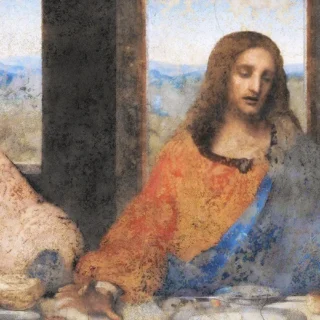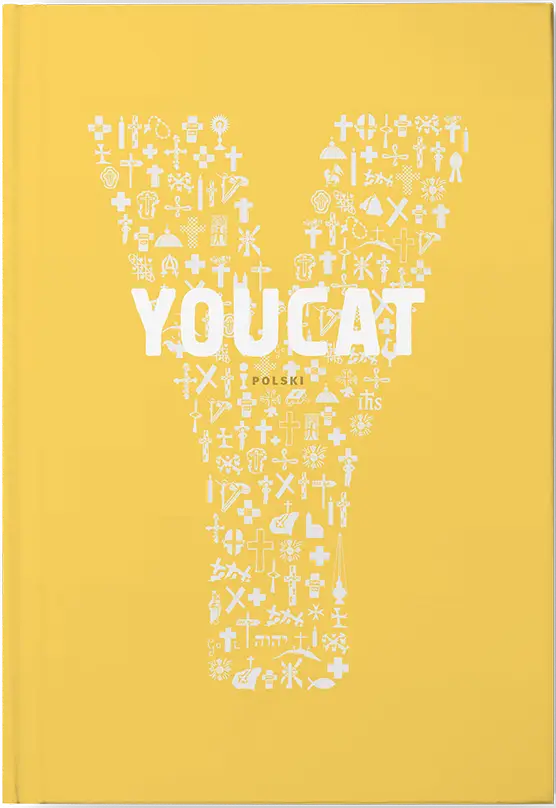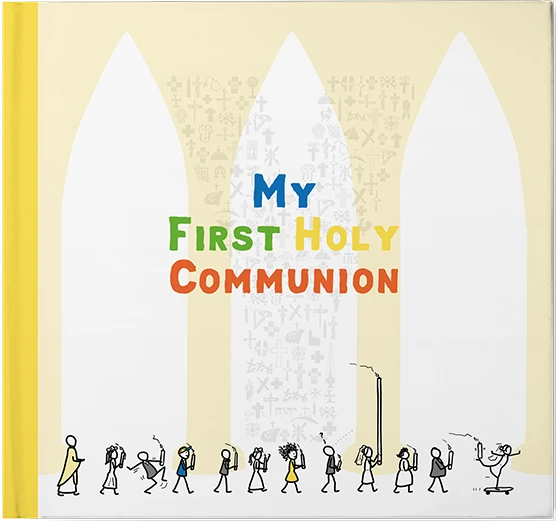

Credopedia
Adwent: Wszystko, co musisz wiedzieć o okresie przed Bożym Narodzeniem
Prawie żaden inny okres nie ma tylu tradycji i symboli, co Adwent. To czas oczekiwania, nadziei i przygotowań na narodziny Chrystusa, które świętujemy w Boże Narodzenie. Ale choć tradycje adwentowe są piękne, mają sens tylko wtedy, gdy przypominają nam o zasadniczym przesłaniu Bożego Narodzenia: że bez Jezusa święta byłyby jak przyjęcie urodzinowe bez solenizanta.
- Co oznacza „Adwent”?
- Mesjasz przyszedł, ale nie tak, jak oczekiwano
- Postawa Maryi i przyjście Mesjasza
- Jezus powróci
- Jezus chce się w tobie narodzić
Co oznacza „Adwent”?
Adwent to czas oczekiwania, zatrzymania się i przygotowań do Bożego Narodzenia. A jednak dla wielu osób Adwent kojarzy się jedynie z gorączkowymi zakupami i poszukiwaniem prezentów. Światła, muzyka i choinki są już wszechobecne w listopadzie, więc Boże Narodzenie zdaje się oznaczać jedynie koniec intensywnego okresu.
Ale co tak naprawdę oznacza Adwent? I jak możemy doświadczyć Adwentu w jego pierwotnym znaczeniu?
Samo słowo „Adwentu” wywodzi się z łacińskiego Adventus Domini – 'Przyjście Pańskie'. To jest czas przygotowania na narodzenie Jezusa Chrystusa i obejmuje mniej więcej cztery tygodnie przed Bożym Narodzeniem.
Adwent dawniej rozumiany był jako czas postu i pokuty – i liturgia Kościoła nadal tak go postrzega. Wierni przygotowywali się na Boże Narodzenie – narodziny Jezusa – świadomie powstrzymując się od uroczystych celebracji i wystawnych posiłków. Refleksja, wewnętrzna kontemplacja i cisza były narzędziami pozwalającymi na bardziej świadome doświadczenie cudu Bożego Narodzenia.
Mesjasz przyszedł, ale nie tak, jak oczekiwano
Wiele wieków przed narodzeniem Jezusa Chrystusa lud Izraela oczekiwał Zbawiciela, obiecanego już w starożytnych proroctwach Pisma Świętego. Jednak Jezus spełnił starotestamentowe obietnice w nieoczekiwany sposób: zamiast objawić się jako potężny król, który wyzwoli Izrael spod rzymskiej okupacji i przywróci jego potęgę i królestwo, Bóg przyszedł na świat jako słabe dziecko. Narodził się w ubogiej stajence w Betlejem, z dala od światowego splendoru i władzy. Jego droga nie była drogą politycznego triumfu, lecz ubóstwa i poświęcenia.
Król, który żyje w ubóstwie i ostatecznie umiera na krzyżu, zupełnie nie odpowiadał oczekiwaniom współczesnych Jezusowi. W prologu do Ewangelii św. Jana czytamy: „Na świecie było Słowo [czyli Syn Boży], świat dzięki Niemu zaistniał, lecz świat Go nie rozpoznał. Przyszło do swojej własności, lecz swoi Go nie przyjęli” (J 1, 10-11).
Postawa Maryi i przyjście Mesjasza
Maryja, Matka Jezusa, jest również zaskoczona, gdy anioł oznajmia jej, że ma przyjąć Syna Bożego. Pyta anioła: „Jak się to stanie, skoro nie znam pożycia małżeńskiego?”. A anioł jej wyjaśnia: „Oto Twoja krewna Elżbieta pomimo starości poczęła syna i jest już w szóstym miesiącu, chociaż uważa się ją za niepłodną. Dla Boga bowiem nie ma nic niemożliwego” (Łk 1, 34-37).
Maryja powstrzymuje się od prób wyjaśnienia za pomocą ludzkiej logiki tego dziwnego wydarzenia. Otwiera się na tajemnicę Boga. Wierzy, że Bóg działa ponad wszelkimi ludzkimi prawami i może wszystko. Dlatego odpowiada: „Jestem służebnicą Pana; niech mi się stanie według twego słowa” (Łk 1, 38).
Jezus powróci
Narodziny Chrystusa stanowią ważny moment w historii ludzkości. Nawet tradycyjny kalendarz opiera się na tym wydarzeniu i rozpoczyna się od roku narodzin Jezusa Chrystusa (przed Chrystusem/po Chrystusie).
Ale choć pierwsze przyjście Jezusa zapoczątkowało nową erę w dziejach ludzkości, to Biblia mówi również o Jego powtórnym przyjściu na końcu czasów. Powrót Chrystusa jest rzeczywiście celem historii świata i jako chrześcijanie wyznajemy to za każdym razem, gdy modlimy się podczas Eucharystii: „Głosimy śmierć Twoją, Panie, wyznajemy Twoje zmartwychwstanie i oczekujemy Twego przyjścia w chwale”.
Jako chrześcijanie jesteśmy w nieustannym oczekiwaniu. Skupiamy nasze życie na chwili spotkania z Jezusem – czy to w Jego chwalebnym powrocie na końcu czasów, czy w godzinie naszej śmierci. Kiedy nadejdzie ten moment? Nie wiemy. „Dlatego czuwajcie, bo nie wiecie, którego dnia przyjdzie wasz Pan!” (Mt 24, 42).
Jezus chce się w tobie narodzić
O to właśnie chodzi w Bożym Narodzeniu: Jezus przychodzi do twojego serca, rodzi się w tobie. Zatrzymaj się na chwilę i zadaj sobie pytanie: Co muszę zrobić i co muszę zostawić, aby Jezus mógł wejść w moje życie?
Otwórz swoje serce na Jego miłość i pozwól Mu cię odnowić. Dobre świąteczne wyznanie wiary w Syna Bożego może rozpalić w tobie nowy płomień. Jeśli powiesz „tak” Bogu i „nie” wszystkiemu, co cię od Niego oddziela, to będą wtedy prawdziwe święta Bożego Narodzenia! ∎
CREDOPEDIA: Przejdź do pomocy w rachunku sumienia
CREDOPEDIA: Dowiedz się więcej o mocy przebaczenia
YOUCAT Katechizm Kościoła katolickiego dla młodych Zamów YOUCAT Spowiedź

YOUCAT Digital
Odkryj nasze produkty cyfrowe, które pomogą ci wzrastać w wierze i samemu stać się misjonarzem.







